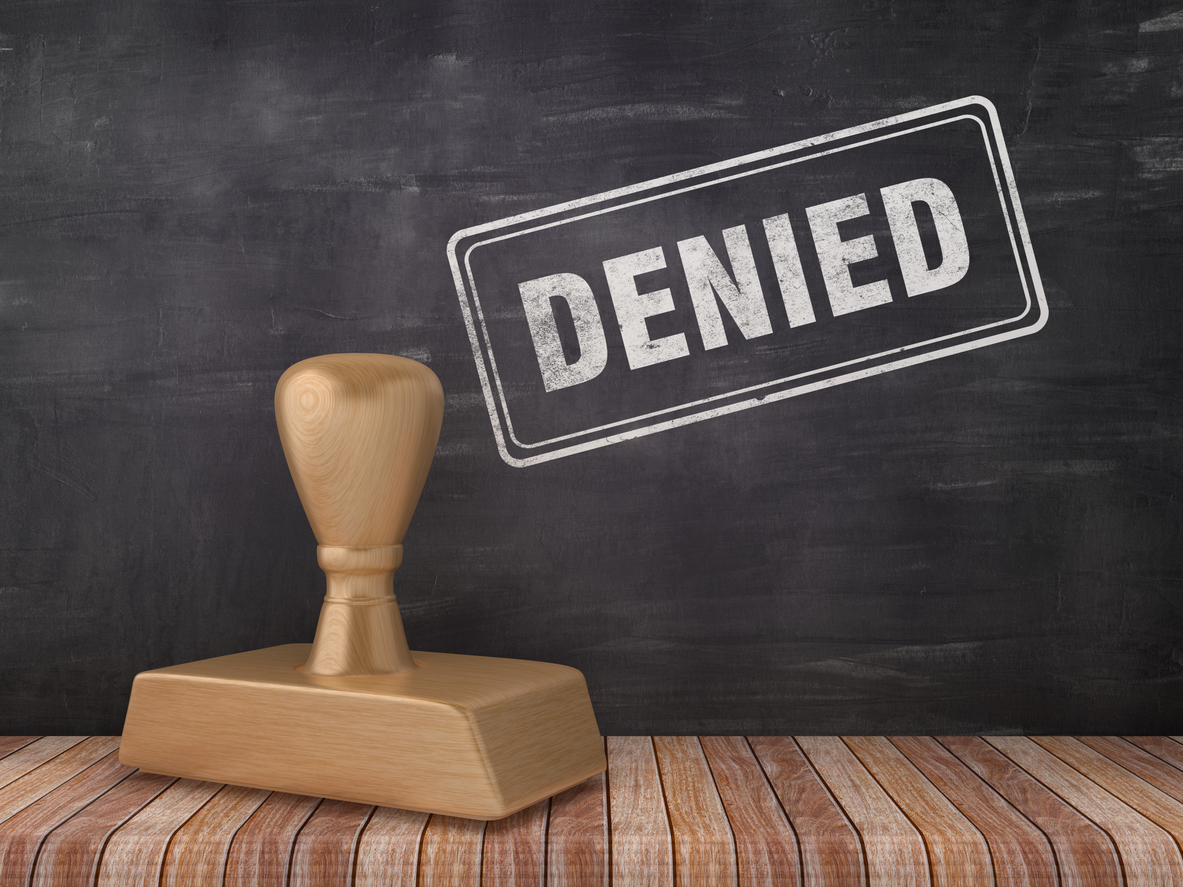Superstorm Sandy litigation revealed altered engineering reports concerning damage to homes ravaged by the storm, and now allegations of altered engineering reports are surfacing.
Mississippi’s Attorney General, Jim Hood, has filed suit on behalf of the state to hold State Farm’s feet to the fire for its part in maliciously denying Hurricane Katrina wind claims.
To understand the specifics of the allegations, it must be noted that the State of Mississippi had a Homeowners Assistance Program (HAP) in place. HAP compensated qualified homeowners for losses that the insurance companies did not cover. However, the complaint alleges that State Farm delayed payments to policyholders so the HAP grants would cover the losses and State Farm could hold on to the homeowner policy funds as profits.
In the aftermath of Katrina, HAP and the State of Mississippi paid out $522 million just to State Farm’s customers. That breaks down to $76,673.59 per State Farm policyholder. But State Farm only paid out $98.7 million—or $14,494.62 per policyholder.
Regarding the altered engineering reports, Merlin Law Group has been posting about this fraud in Superstorm Sandy you can read here. My colleague Rob Trautmann posted examples of the differences in one of his homeowner cases that included a “final altered report” and the “initial report”. His post, Anatomy of an Altered Engineering Report, is a must read.
Mississippi’s Attorney General alleged that similar altering was happening with Katrina when the engineers were determining what caused the loss and the damage to the home.
In the Mississippi lawsuit, the allegation is made that State Farm made efforts to downplay the wind damage and improperly classify the Katrina damage as a water event, and refuse to pay for damage citing the Tidal Surge exclusion.
The Chicago Tribune reported a response from State Farm that is not surprising:
State Farm spokesman Phil Supple said the Bloomington-based company is “still reviewing the lawsuit,” which "was not expected considering what we have done in resolving claims as a result of Hurricane Katrina.”
It sounds little bit like State Farm thought it was in clear and was finished responding to claims from Katrina. Did this company think it had gotten away with shorting its customers? Maybe State Farm didn’t realize there is no statute of limitations that applies to the State of Mississippi.
Jan Schaefer, spokeswoman for the attorney general’s office stated:
We haven’t ruled out future lawsuit against those other insurers. We are filing this suit against State Farm because we now have the proven evidence of its fraud and because, as the nation’s largest property insurance company, its activities harmed Mississippi more than any other insurer.
The allegations in the complaint include fraud, negligence and breach of contract. A jury trial has been requested and the damages being sought include the repayment for the HAP payments issued that should have been payments from State Farm’s wind coverage, punitive damages, court costs, interest and attorneys’ fees.
We will follow this litigation and post updates as they become available.




